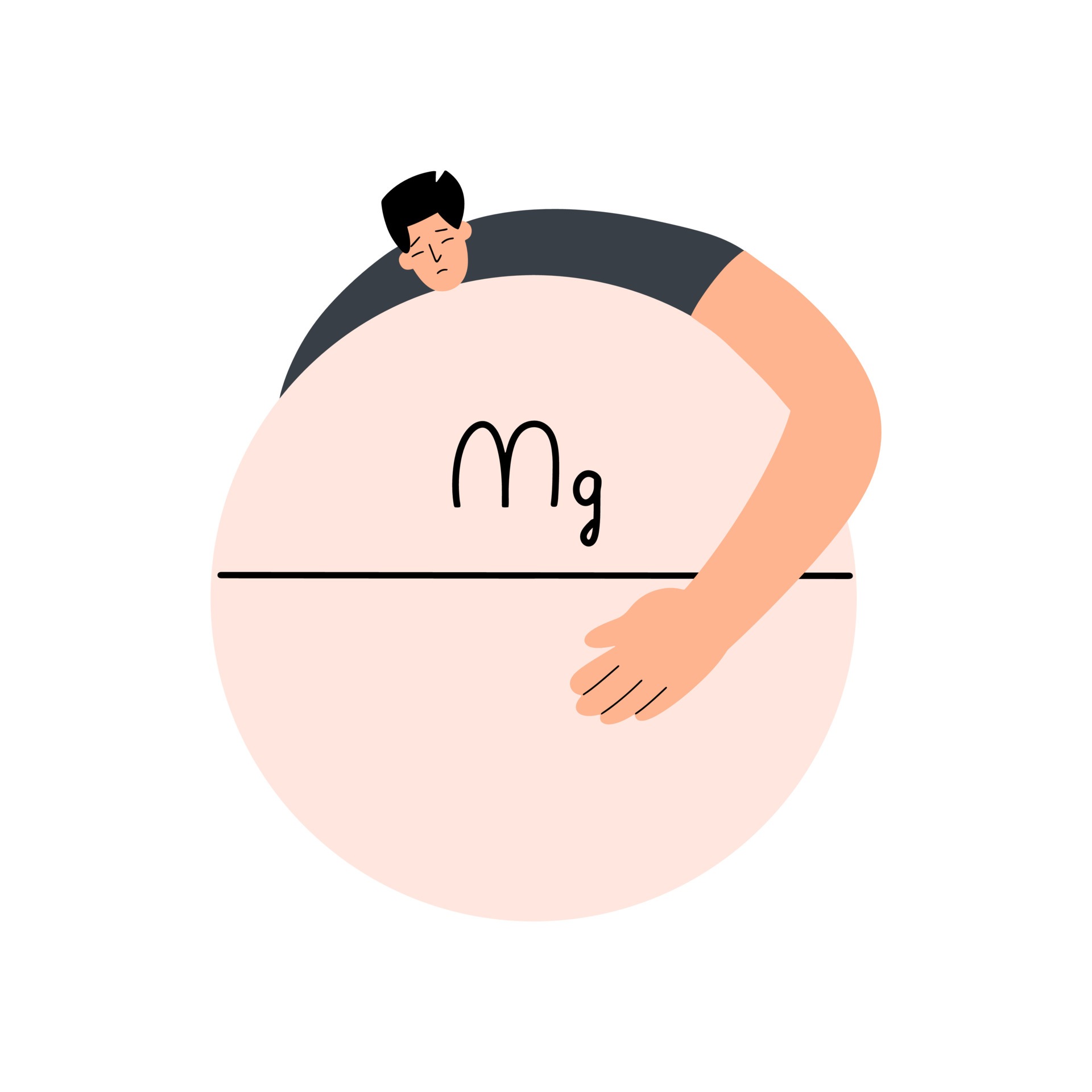Hey there, WellFluencers! 🍽️ Ever thought about jumping on the gluten-free dairy-free bandwagon? Whether you’re dealing with specific health issues or just curious about the hype, eliminating gluten and dairy from your diet might just be the game-changer you’ve been looking for. Let’s dive into the world of gluten-free dairy-free living and uncover seven benefits that might surprise you.
Understanding Gluten and Dairy
Before we get into the nitty-gritty, let’s break down what gluten and dairy actually are.
Gluten is a protein found in grains like wheat, barley, and rye. It’s the stuff that gives bread its chewy texture—kind of like the glue holding your favorite baguette together.
Dairy, on the other hand, includes milk and products made from milk, like cheese, yogurt, and butter. While they’re primary sources of calcium and vitamin D, they can be problematic for some people.
The Benefits of a Gluten-Free Diet
1. Essential for Those with Celiac Disease
First and foremost, a gluten-free diet is crucial for individuals with celiac disease. This autoimmune disorder affects about 1% of the population. When people with celiac disease consume gluten, their immune system attacks the small intestine, leading to nutrient malabsorption and various health issues. Going gluten-free isn’t just a lifestyle choice for them—it’s a medical necessity.
Source: Fasano, A., & Catassi, C. (2012). Clinical practice. Celiac disease. The New England Journal of Medicine, 367(25), 2419–2426.
2. Relief from Non-Celiac Gluten Sensitivity
Even if you don’t have celiac disease, you might experience discomfort after eating gluten—a condition known as non-celiac gluten sensitivity. Symptoms can include bloating, abdominal pain, headaches, and fatigue. Adopting a gluten-free dairy-free diet can alleviate these symptoms, making you feel like a brand-new person.
Source: Volta, U., & De Giorgio, R. (2012). New understanding of gluten sensitivity. Nature Reviews Gastroenterology & Hepatology, 9(5), 295-299.
3. Reduced Inflammation
Some studies suggest that gluten can contribute to inflammation in the body, which is linked to chronic conditions like arthritis and heart disease. By eliminating gluten, you might reduce inflammation levels, potentially lowering the risk of these diseases. It’s like giving your body’s defense system a well-deserved break.
Source: Sapone, A., et al. (2011). Spectrum of gluten-related disorders: consensus on new nomenclature and classification. BMC Medicine, 9(1), 23.
The Benefits of a Dairy-Free Diet
4. Improved Digestive Health
Lactose intolerance affects about 65% of the global population. Symptoms include bloating, gas, and diarrhea after consuming dairy products. Going dairy-free can alleviate these uncomfortable symptoms, leading to better digestive health. Plus, your friends might appreciate fewer surprise “gas leaks” during movie night! 🎥
Source: Lomer, M. C. E., Parkes, G. C., & Sanderson, J. D. (2008). Review article: lactose intolerance in clinical practice–myths and realities. Alimentary Pharmacology & Therapeutics, 27(2), 93-103.
5. Clearer Skin
Struggling with stubborn acne? Dairy might be to blame. Some research indicates that the hormones present in cow’s milk can stimulate oil glands in the skin, leading to breakouts. Switching to a dairy-free diet could help clear up your skin, giving you that coveted glow-up. Say cheese—without the cheese! 📸
Source: Burris, J., Rietkerk, W., & Woolf, K. (2014). Acne: The role of medical nutrition therapy. Journal of the Academy of Nutrition and Dietetics, 114(3), 416–430.
6. Potential Weight Management
Dairy products can be high in saturated fats and calories. By cutting out dairy, you might find it easier to manage your weight. A gluten-free dairy-free diet often includes more whole foods like fruits, vegetables, and lean proteins, which can contribute to a healthier weight.
Source: Abargouei, A. S., et al. (2012). Effect of dairy consumption on weight and body composition in adults: a systematic review and meta-analysis of randomized controlled clinical trials. International Journal of Obesity, 36(12), 1485-1493.
The Combined Benefits of a Gluten-Free Dairy-Free Diet
7. Enhanced Mental Well-being
Some people report improved mood and decreased brain fog after adopting a gluten-free dairy-free diet. While research is ongoing, there’s growing interest in the gut-brain axis—the connection between our digestive system and mental health. By improving gut health through dietary changes, you might also boost your mental well-being. Who knew that saying goodbye to gluten and dairy could be a step toward a happier you?
Source: Mayer, E. A., & Tillisch, K. (2011). The brain-gut axis in abdominal pain syndromes. Annual Review of Medicine, 62, 381-396.
Making the Transition to a Gluten-Free Dairy-Free Lifestyle
Switching to a gluten-free dairy-free lifestyle might seem daunting at first, but with a little planning, it’s totally doable. Here are some tips to get you started:
- Read Labels Like a Pro: Gluten and dairy can hide in unexpected places, from salad dressings to sausages. Become a savvy shopper by checking ingredient lists carefully.
- Stock Up on Alternatives: There are plenty of gluten-free dairy-free alternatives available nowadays. Try almond milk, coconut yogurt, gluten-free pasta, and dairy-free cheeses to satisfy your cravings.
- Get Creative in the Kitchen: Embrace the opportunity to explore new recipes and cuisines. You might discover your new favorite dish!
- Plan Ahead When Dining Out: Many restaurants offer gluten-free dairy-free options. Don’t be shy about asking your server for recommendations or adjustments to menu items.
Potential Challenges and How to Overcome Them
While there are numerous benefits, it’s important to be aware of potential challenges:
- Nutritional Gaps: Eliminating entire food groups can lead to deficiencies in nutrients like calcium, vitamin D, and B vitamins. Make sure to include nutrient-rich foods or consider supplements if necessary.
- Cost Considerations: Gluten-free dairy-free products can be more expensive. Buying whole foods and cooking at home can help keep costs down.
- Social Situations: Navigating social events can be tricky. Communicate your dietary needs to friends and family, and offer to bring a dish everyone can enjoy.
Final Thoughts
Embarking on a gluten-free dairy-free journey can lead to various health benefits, from improved digestion and clearer skin to enhanced mental well-being. While it’s not a magic bullet for everyone, it might be worth considering if you’re experiencing unexplained symptoms or looking to improve your overall health. Remember, every body is different—what works for one person might not work for another. It’s all about finding the right balance for you.
So, is it time to make the switch to a gluten-free dairy-free lifestyle? Only you can decide, but your body might just thank you for it!
Share Your Thoughts!
Have you tried a gluten-free dairy-free diet? What benefits did you notice, and do you have any tips for newbies? Share your experiences and favorite recipes in the comments below!
Sources
- Fasano, A., & Catassi, C. (2012). Clinical practice. Celiac disease. The New England Journal of Medicine, 367(25), 2419–2426.
- Volta, U., & De Giorgio, R. (2012). New understanding of gluten sensitivity. Nature Reviews Gastroenterology & Hepatology, 9(5), 295-299.
- Sapone, A., et al. (2011). Spectrum of gluten-related disorders: consensus on new nomenclature and classification. BMC Medicine, 9(1), 23.
- Lomer, M. C. E., Parkes, G. C., & Sanderson, J. D. (2008). Review article: lactose intolerance in clinical practice–myths and realities. Alimentary Pharmacology & Therapeutics, 27(2), 93-103.
- Burris, J., Rietkerk, W., & Woolf, K. (2014). Acne: The role of medical nutrition therapy. Journal of the Academy of Nutrition and Dietetics, 114(3), 416–430.
- Abargouei, A. S., et al. (2012). Effect of dairy consumption on weight and body composition in adults: a systematic review and meta-analysis of randomized controlled clinical trials. International Journal of Obesity, 36(12), 1485-1493.
- Mayer, E. A., & Tillisch, K. (2011). The brain-gut axis in abdominal pain syndromes. Annual Review of Medicine, 62, 381-396.



